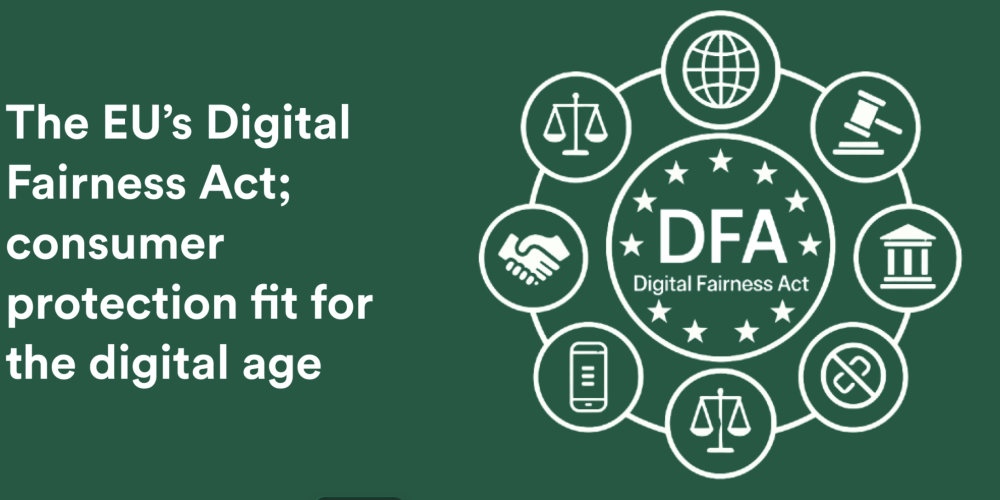As the Digital Fairness Act (DFA) moves closer to becoming EU law, Europeans remain divided on its need and design. A public consultation that ended in late October collected views from consumers, businesses and gamers—yet many participants say the survey design skewed toward regulation supporters.
The DFA is intended to fill gaps identified in EU consumer law by targeting manipulative practices like “dark patterns,” unfair personal-pricing, influencer marketing and addictive interface design.
According to the consultation feedback, some gamers and small businesses argue the survey lacked balanced options: those opposing the legislation had limited scope to explain their objections. They warned this could bias the outcome toward stronger regulation.
On the other hand, many consumer–rights advocates welcomed the planned new law. They emphasised the need to protect minors, prevent manipulative features in apps and make digital markets fairer. Advocates also pointed to the earlier “Digital Fairness Fitness Check” which found that many consumers still feel vulnerable in the online marketplace.
EU officials say they aim to finalize the proposal in 2026. They emphasise the legislation will be both “pro-consumer and pro-business”, simplifying rules for firms while giving consumers stronger safeguards online.
In short: as Europe writes the rule-book for the next digital era, a key challenge is to balance innovation and stronger safeguards—while winning the support of citizens, businesses and tech experts.










